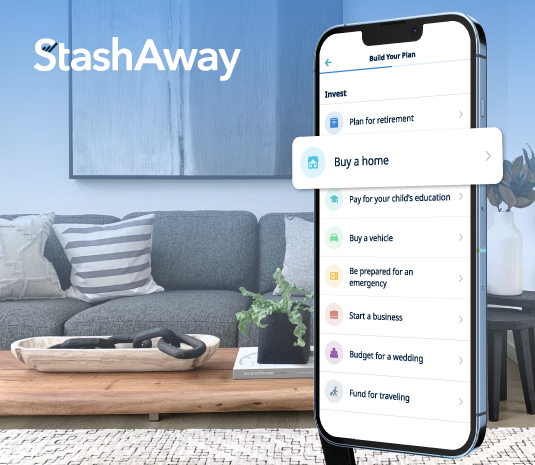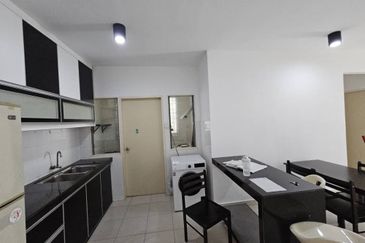
- Buying your first house involves a lot of self-reflection. To help you make a better decision, consider these four questions before making your down payment on a house.
What’s your ideal lifestyle?
Your home should fit not just your current, but also your future needs, so it’s always a good idea to take some time to ponder what life may look like for you a few years down the road.
For instance, let’s say you’ve just got engaged, so you’re budgeting for a cosy two-bedroom apartment. However, you and your partner are planning to try for a baby in a year, and your in-laws may move in to help with the babysitting. Would each family member have enough space to live comfortably in three or four years’ time?
Another factor to consider is your working arrangement. With hybrid work here to stay post-pandemic, staying in the city centre may no longer be a necessity. That means you could consider purchasing a bigger and more affordable house in the outskirts.
Having a clearer picture of the future will make it easier to plan and budget for your first home.
Are you ready to take on a loan?

Taking on a mortgage is often one of the first major financial commitments you make. Here’s how you can check if you’re financially ready to take on a mortgage:
1. Build a financial safety net
Firstly, you should have around six months’ worth of expenses for any unexpected situations that may come up. This emergency fund can be kept in a liquid, low-risk, and interest-earning portfolio, so you can grow your cash with peace of mind. Find out how you can build your financial safety net in this article.

2. Assess your financial health
Review the stability of your income sources and financial health to determine if you’re ready to purchase your first property without stretching yourself too thin.
Then, stress-test your existing assumptions. If interest rates go up, you may have to pay significantly more for your monthly loan repayments. Will you be able to manage a sudden 1% increase in interest rate? How about 2%? Having a buffer helps you to prepare for the possibility of higher loan repayments.
3. Review your credit score
A better credit score will grant you access to better loan terms and rates, and also increases the likelihood of your loan approval. Start building a good credit history early by consistently paying all your existing debts in full and on time.
(Read also: Cracking the credit code: Tips for building a strong credit score)
How much mortgage can you afford?

Loan-to-income ratio = (Total monthly payments + mortgage loan you’re applying for) / total net income
As a good rule of thumb, your housing loan costs should be within 40% of your income (after accounting for emergency funds).
(Read also: You can afford to buy a home, if you do this)
Have you accounted for other miscellaneous costs?

Many first-time homebuyers forget to account for additional costs on top of their down payments. Such costs can include legal fees, stamp duty, property tax and valuation fees, among others. These typically require an upfront payment and could easily add up to a hefty sum.
Secondly, you will probably want to furnish your new house nicely – and renovation costs can easily go up to five or six digits. Even if you intend to keep things simple and renovate later, there can still be immediate repair works needed – especially if you’re purchasing a lived-in property from the secondary market.
Start planning today

Owning your first house is an exciting milestone – one that should be celebrated without unnecessary financial stress. Planning ahead and checking in on your financial health regularly can help you stay on track with your goals.
Ready to get a new place that you can call home? We’ve teamed up with EdgeProp to help you budget and save up for your dream house.
Are you a START member yet? Get a RM30 initial investment (yes, a complimentary deposit from us!) to kickstart your financial goals with StashAway. Find out how to START.
TOP PICKS BY EDGEPROP

Rumah Selangorku De Palma
Setia Alam/Alam Nusantara, Selangor

Seri Kasturi Apartments, Setia Alam
Setia Alam/Alam Nusantara, Selangor

Seri Jati & Baiduri
Setia Alam/Alam Nusantara, Selangor

De Bayu Apartment @ Setia Alam
Shah Alam, Selangor

Seri Kasturi Apartments, Setia Alam
Setia Alam/Alam Nusantara, Selangor

Sijangkang @ Industrial
Telok Panglima Garang, Selangor















hero.jpg?GPem8xdIFjEDnmfAHjnS.4wbzvW8BrWw)



